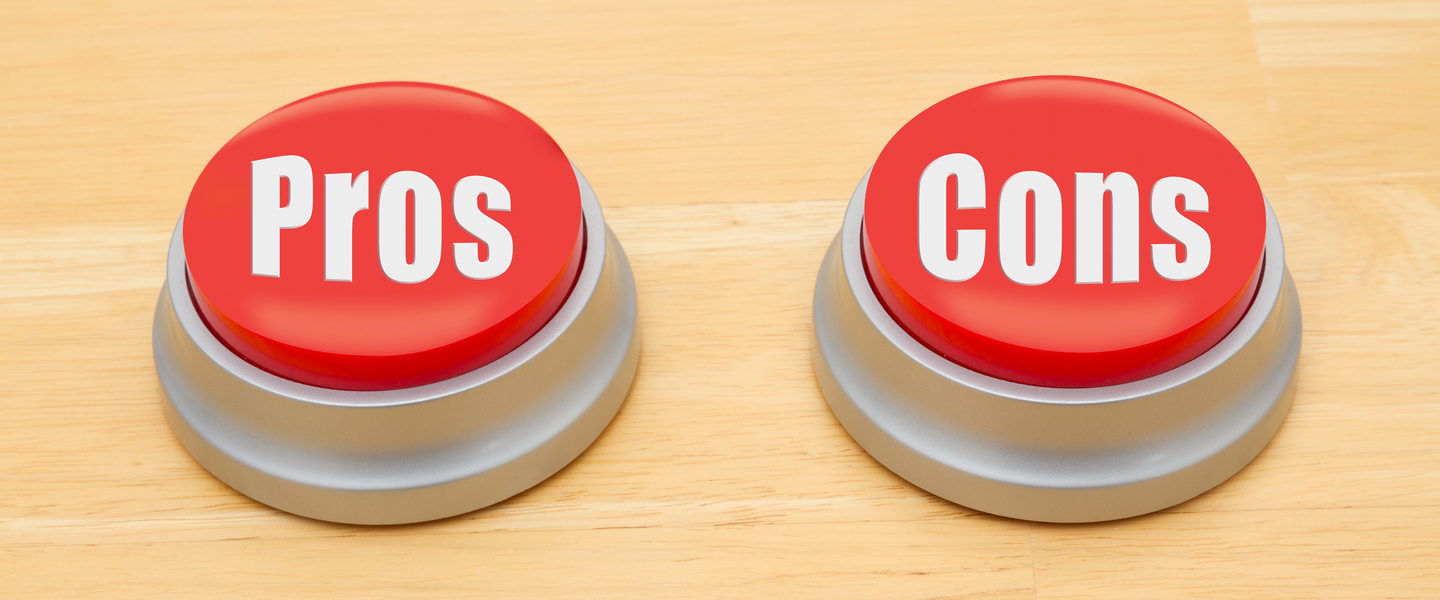
Co-op Pros and Cons
The Pros
As a part-owner within a co-op, you influence how the building runs. You attend board meetings and get to vote on all decisions. This includes shaping rules and regulations for how the building is managed and who is eligible for consideration to join the co-op. You pretty much get to pick your neighbors and prevent anyone from moving in who might not maintain their space in the same way as the rest of the shareholders.
Another perk is the cost. Cooperative housing can cost less than owning a condo. Co-ops tend to be cheaper per square foot. They typically offer buyers more control as an individual shareholder and often have lower closing costs..
The last major perk to co-op living is the community. This special living situation gives you more than somewhere to live, you get a whole community of people. You more often than not know your neighbors, and have a network of people watching out for you and your home and connect with people you can rely on when in need of assistance.
The Cons
To get into a co-op, prepare for a more rigorous approval process. Not only will the board run a background and credit check, but you’ll have an in-person interview to get through. Everyone receives the same treatment. Once you’re approved, you’re in, but the process can also make it harder to sell when you’re ready to leave the co-op.
Rules within cooperative housing can feel more confining than in other living situations. Because you don’t own the unit you live in, you’ll have to contend with restrictions on how you can use your unit, whether you can sublet and more. You’ll also need extra insurance for your personal belongings since the building’s insurance won’t cover it.
One final key drawback goes back to cost. It may cost less to buy into a co-op, but with shared expenses comes more potential financial responsibility. If someone defaults on their payments, you and your neighbors are obligated to cover a portion of their missed payment.
